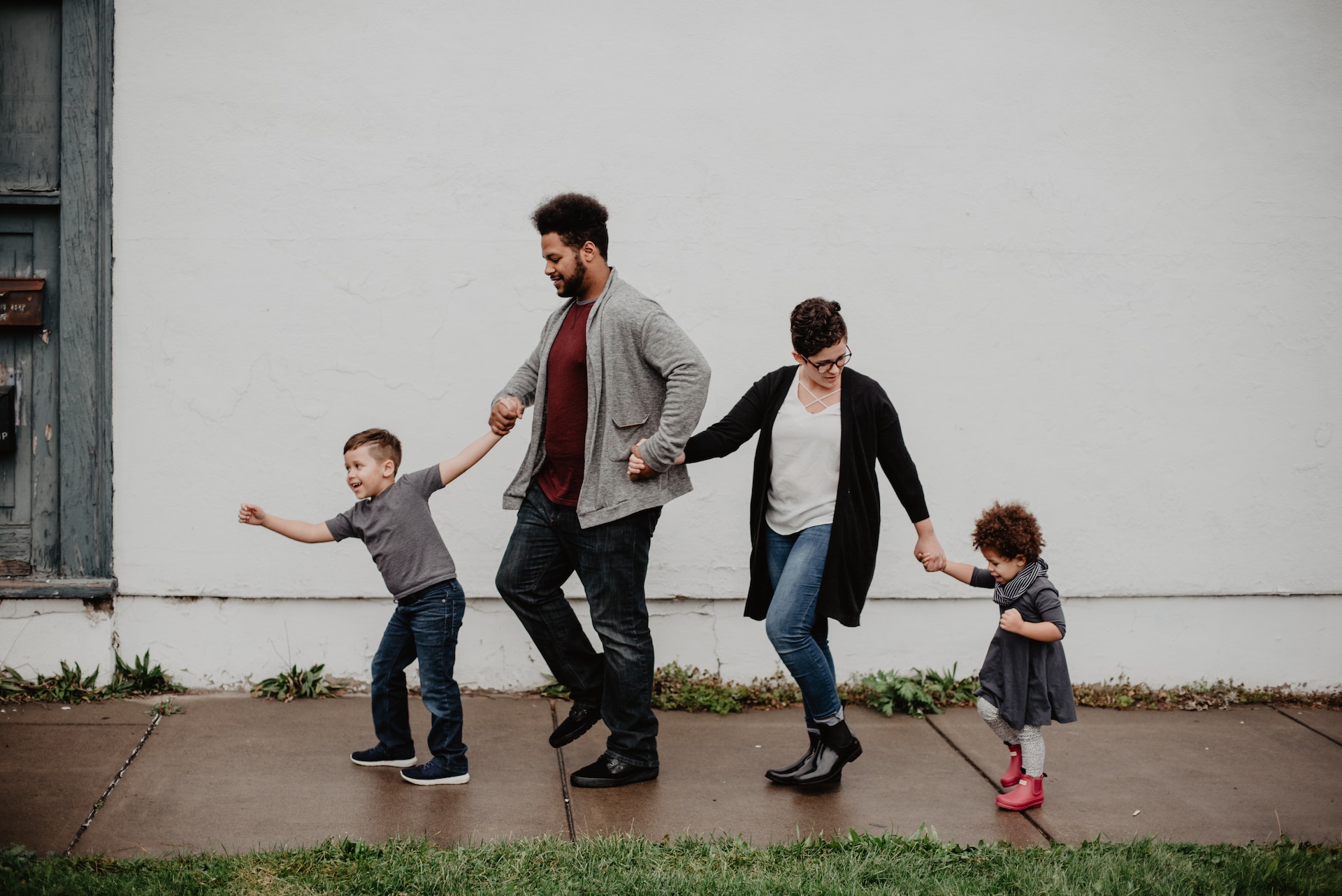Why are my kids so different? Part 2
In our last blog we discussed how children may be different from each other depending on how they were raised or what the dynamics and structures were in the family or neighborhood. These are psychological and social factors affecting a growing child. Today, we look at our biological and genetic inheritance and how that may affect our personality and our interactions with others. Admittedly, there is a lot we don’t know yet about our brain chemistry and genes affect who we are.
However, psychologists have determined that there are five basic personality traits that are called the “Big Five”. All people seem to share these traits in different proportions right from birth. If you’ve had more than one child you’ve probably caught yourself saying something like this, “He’s so different from his older brother. He’s calmer and his brother was very active.” Or “She’s into everything while her older sister could sit quietly and play by herself”. Indeed, our children are often very different from birth. Here are some of the biological reasons why:
Agreeableness
Doesn’t it seem like some babies are more agreeable to others and the world around them right from birth? They are more cooperative, happier, and friendly. They may have less fear of strangers and more affection to those around them.
Openness
This trait proposes that some people are more open to new experiences, more curious. They may be more imaginative and open-minded. Perhaps your toddler is naturally drawn to new things while his brother is more cautious or withdraws from new experiences.
Neuroticism
This refers to a (poorly named) natural tendency towards anxiety or other negative emotions. It can also include the ability to maintain a stable emotional presence rather than one that can easily shift. We’ve all seen babies, toddlers, and children who cry easily or fret about things more naturally as compared to other children who rarely seem to get perturbed about anything. Perhaps Timmy cries at the sight of Santa Claus and his notorious lap, while Teresa stays calm and even curious.
Extroversion
Does your child naturally interact with people; or does he or she have a greater tendency to pull away. Extraversion means an individual gets energy from interacting with others and is more outgoing and gregarious. People who are not this way get more energy from within themselves and are less inclined to interact with others. This is not shyness or anti-social behavior. Rather it is just one’s ability to be more independent and to rely on others less for stimulation
Conscientiousness
Some children are automatically more focused on a task at hand, more thorough and more organized as he or she matures, more self-disciplined. There are children who line up their “My Little Ponies” or Matchbox cars or organize their book shelves by author or category. Another child may always leave a mess of toys and not be perturbed (although a parent might).
It’s important to note that these traits occur on a continuum, a scale of each trait. These are not all-or-nothing labels. It is not that Julio is either extroverted or introverted; Sara is either focused or not.
What psychologists say is that there is some naturally inherited level of each of these qualities in all of us. Also, these traits are not considered bad or unhealthy. Beatrice may be naturally more introverted but it does not mean it is an unhealthy trait. Maria may shy away from unfamiliar experiences but it is not indicative of some kind of trouble.
So what does this mean for the concerned parent? It can mean we should accept our children’s natural tendencies as they are. Try not to force the less open child to hug the unknown Uncle Ralph. If your child is a “Bookworm” accept that he or she is more introverted and is not going to do well if drafted to be the captain of the soccer team. We can try to put our children in situations where they can thrive, rather than in situations where they may feel incompetent or misunderstood.
Of course, we can try to encourage a child to stretch out of his or her comfort zone. If Pat won’t hug Uncle Ralph, how about a hand-shake, high-five or a polite wave? The messy or unfocused Zak does need to learn some sense of neatness or structure. But, he will always be worse at it than his more conscientious sister, Abby.
Raising children to be mature and stable individuals is tough; but, it is the most important job we’ll ever have. We don’t have to be perfect; but, we should try to understand who are children are and work to their strength. Give us a call if you have any questions or worries.




